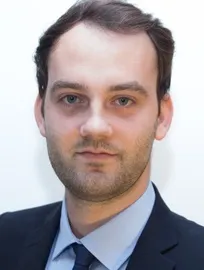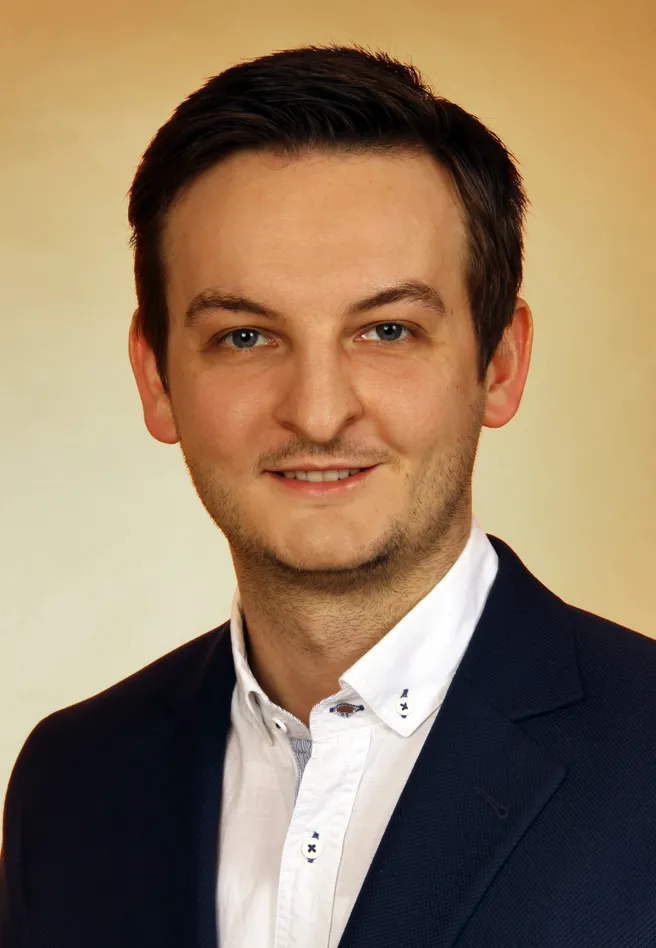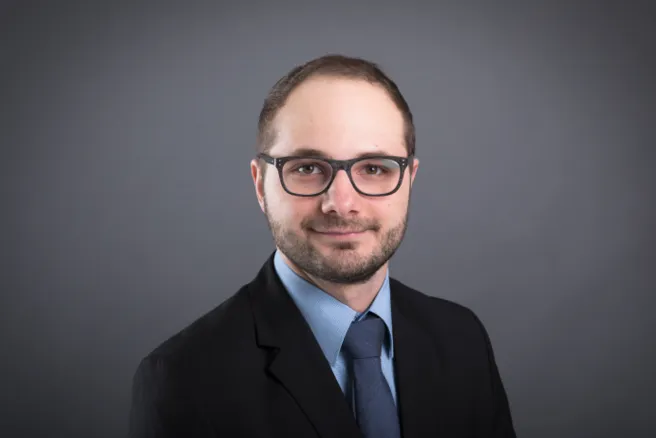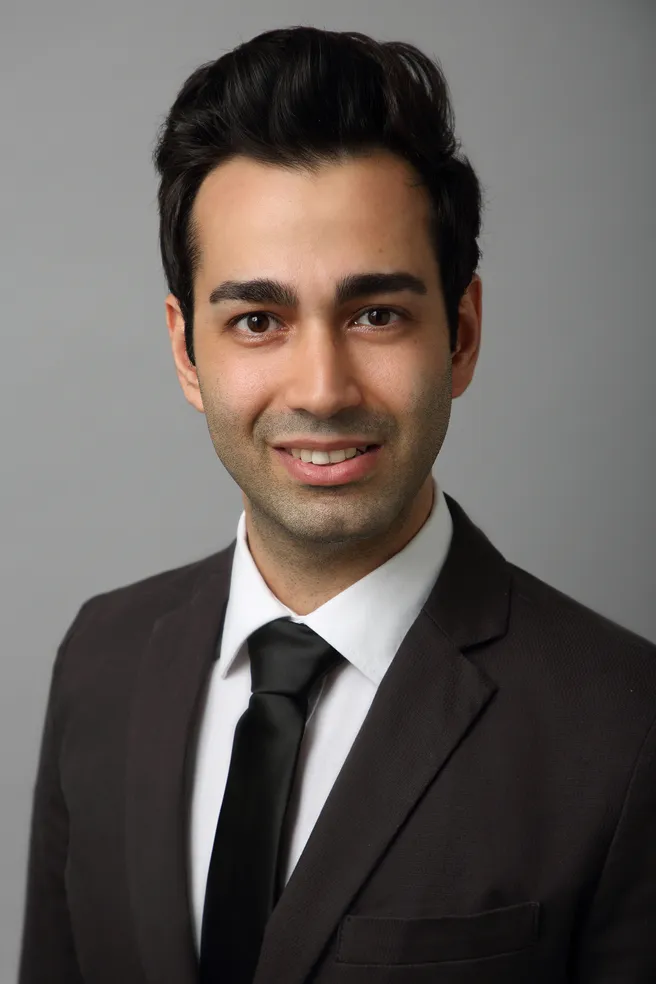Andreas Kastl took over the research of Alexander Präbst in the field of instationary methods in membrane processes at the end of last year. The impact of pulsating flows on concentration polarization and mixing in a channel with eddy promotors have been examined so far. Based on this research the impact of pulsations on colloidal fouling will be investigated.
Right on time for the new year, Thomas Hofmeister adopted the Ph. D. project of Tobias Hummel, who already supervised his Master´s Thesis. The continuation of this project, which is now funded by the “Deutsche Forschungsgemeinschaft”, aims for further/deeper investigations in the field of high-frequency thermoacoustic instabilities in gas turbine combustion chambers. In concrete, tools, models and methods ought to be developed to describe the linear stability behavior of a concerned acoustic mode, non-linear combustor dynamics as well as the interaction between multiple unstable modes.
Due to increasing environmental problems and rising air traffic a clear trend towards emission-reducing combustion technologies in the civil aviation sector can be seen. In a new research project at the Institute of Thermodynamics the RQL technology (Rich Quench Lean) with regard to combustion instabilities, in particular "Rumble", will be investigated. The experimental project will be co-edited by two new doctoral students, with Martin March responsible for the fuel rich primary zone and Julian Renner for the fuel lean burn-out zone. The research results are expected to provide a significant contribution to the prediction of combustion instabilities in RQL combustors.
Christoph Wieland started to continue the research in the topic of Deflagration to Detonation Transition (DDT) in February. The aim of this project, which is funded by BASF, is the simulative prediction of DDT in smooth process engineering pipes. For this purpose, a numerical code, which has been invented at the institute, shall be extended. Implementation of an approach to reproduce turbulence creation in boundary layers on under-resolved grids is of major interest within this research project. Moreover, the model shall be extended to more complex mixtures.
Starting from the middle of March, Alireza Javareshkian started his project at the institute. The aim of this project which is funded by EU project-MAGISTER (H2020-MSCA-ITN-2017), is further investigation of acoustic behavior of combustor liners with dilution holes in aero GT engines. Characterization and modelling of acoustically absorbing liners would be performed through the course of this project, aiming acoustic characterization of perforated medium, measurement of damping rates of a combustion system with and without perforated medium and benchmark of measured and predicted (1D-network, LNSE) results.
The staff of the Thermodynamics Institute welcomes the new Ph.D. students and wishes them success in their projects.





